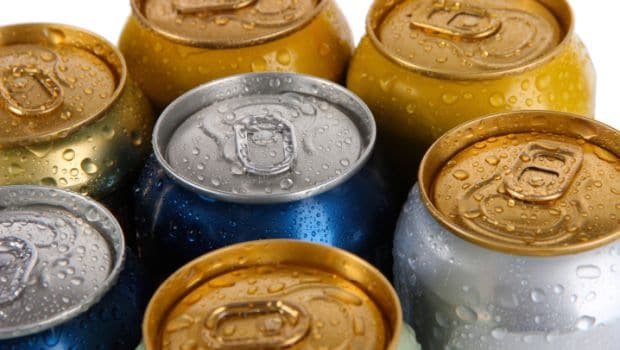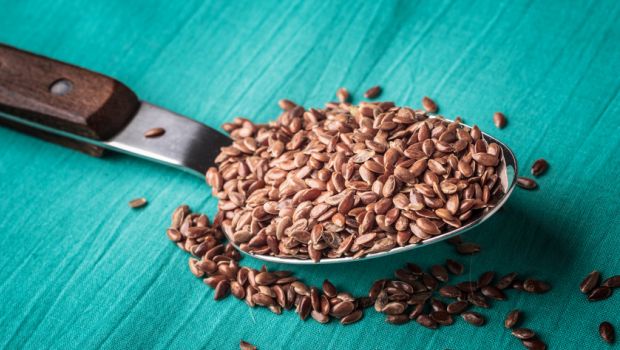Health experts and doctors have issued a warning against excess phosphorous in the human body claiming that it may increase the risk of chronic kidney disease where the phosphate levels in the body shoot up to abnormally high levels. According to them, muscle cramps, numbness, tingling, bone or joint pain, and rash are all the symptoms of hyperphosphatemia and people who experience them quite often should consult a doctor at the earliest. Phosphorous is an essential nutrient needed for proper cell functioning and regulation of calcium in the body for strong bones.A deficiency of phosphorous can cause anemia, muscle pain, low appetite and also weaken your immune system. Since phosphorous iis naturally present in most of the foods we eat, a deficiency is rare but the flip side to this is that excess phosphorous in the body can be quite damaging. While it is known, that excess phosphorous may weaken bones and also increase the risk of heart disease, doctors have now found that it may also affect your kidneys.
 "Occasionally patients with hyperphosphatemia report hypocalcemic symptoms such as muscle cramps, numbness or tingling. Other symptoms may include bone or joint pain, and rash. More commonly, patients witness fatigue, shortness of breath, anorexia, nausea, vomiting, disturbed sleep," said Sudeep Singh Sachdev, Consultant Nephrology at Max Super Speciality Hospital, on Wednesday.
"Occasionally patients with hyperphosphatemia report hypocalcemic symptoms such as muscle cramps, numbness or tingling. Other symptoms may include bone or joint pain, and rash. More commonly, patients witness fatigue, shortness of breath, anorexia, nausea, vomiting, disturbed sleep," said Sudeep Singh Sachdev, Consultant Nephrology at Max Super Speciality Hospital, on Wednesday.
Dr. Sachdev explains that specific blood test are performed to diagnose hyperphosphatemia which measures phosphate, calcium, magnesium, blood urea nitrogen and parathyroid hormone (PTH) for diagnosis. Also adding that it is important to diagnose and find the underlying cause of hyperphosphatemia to treat and restore the normal phospate metabolism. "The medication used for hyperphosphatemia includes Phosphate binders which block the absorption of phosphates from the gut. This includes Aluminum hydroxide, Calcium carbonate, Calcium acetate, Magnesium hydroxide, Sevelamer hydrochloride," he points out. "Loop diuretics help to increase phosphate excretion through the kidneys. These drugs include Furosemide, Bumetanide," says Dr. Sachdev, adding that various medication can help normalize the phosphate levels in the blood. According to medical sciences, dietary modification or following a low phosphorus diet is also necessary especially in case of kidney patients. "Dietary change alone may be sufficient to restore blood phosphate levels provided the kidneys function efficiently. Foods that should be strictly avoided, or at least consumed in moderation include soft drinks, chocolates, tinned milk and processed meat," suggests Neerja Jain who works in Nephrology department at Ram Manohar Lohia (RML) hospital. With inputs from IANS

Dr. Sachdev explains that specific blood test are performed to diagnose hyperphosphatemia which measures phosphate, calcium, magnesium, blood urea nitrogen and parathyroid hormone (PTH) for diagnosis. Also adding that it is important to diagnose and find the underlying cause of hyperphosphatemia to treat and restore the normal phospate metabolism. "The medication used for hyperphosphatemia includes Phosphate binders which block the absorption of phosphates from the gut. This includes Aluminum hydroxide, Calcium carbonate, Calcium acetate, Magnesium hydroxide, Sevelamer hydrochloride," he points out. "Loop diuretics help to increase phosphate excretion through the kidneys. These drugs include Furosemide, Bumetanide," says Dr. Sachdev, adding that various medication can help normalize the phosphate levels in the blood. According to medical sciences, dietary modification or following a low phosphorus diet is also necessary especially in case of kidney patients. "Dietary change alone may be sufficient to restore blood phosphate levels provided the kidneys function efficiently. Foods that should be strictly avoided, or at least consumed in moderation include soft drinks, chocolates, tinned milk and processed meat," suggests Neerja Jain who works in Nephrology department at Ram Manohar Lohia (RML) hospital. With inputs from IANS
Advertisement
For the latest food news, health tips and recipes, like us on Facebook or follow us on Twitter and YouTube.
Tags:








